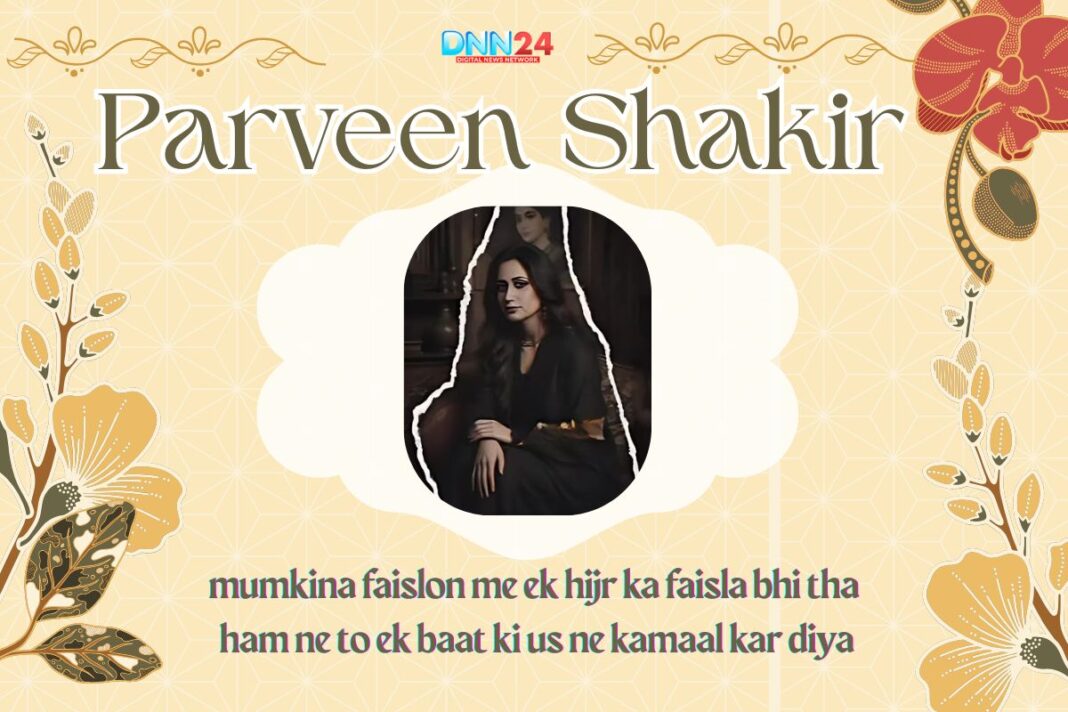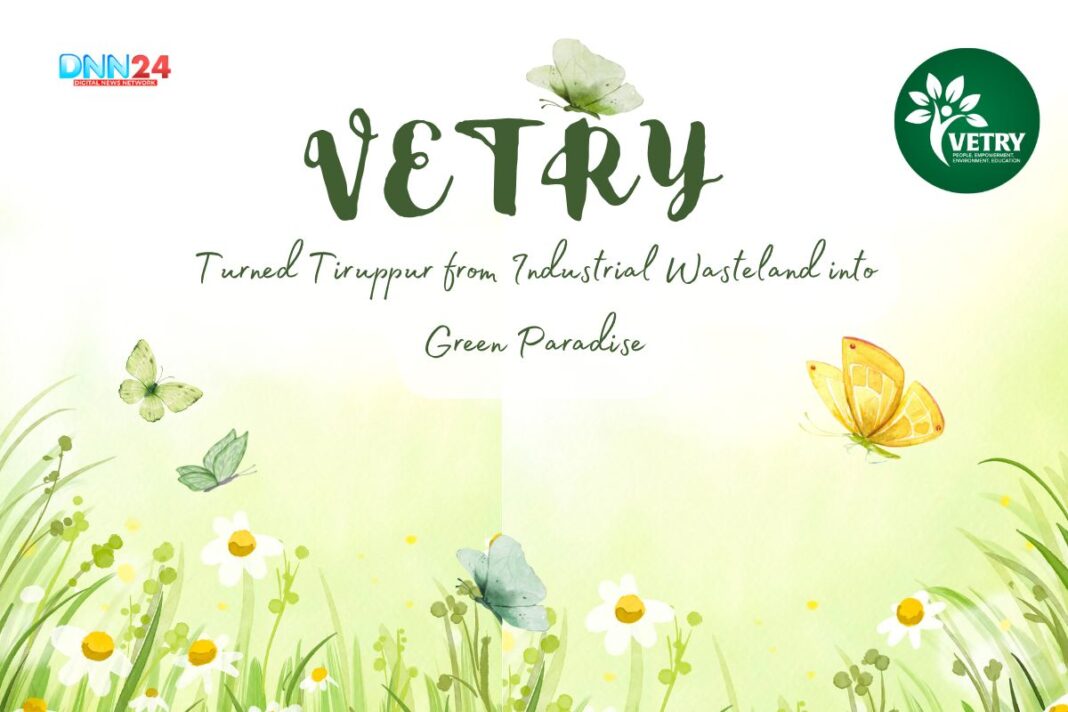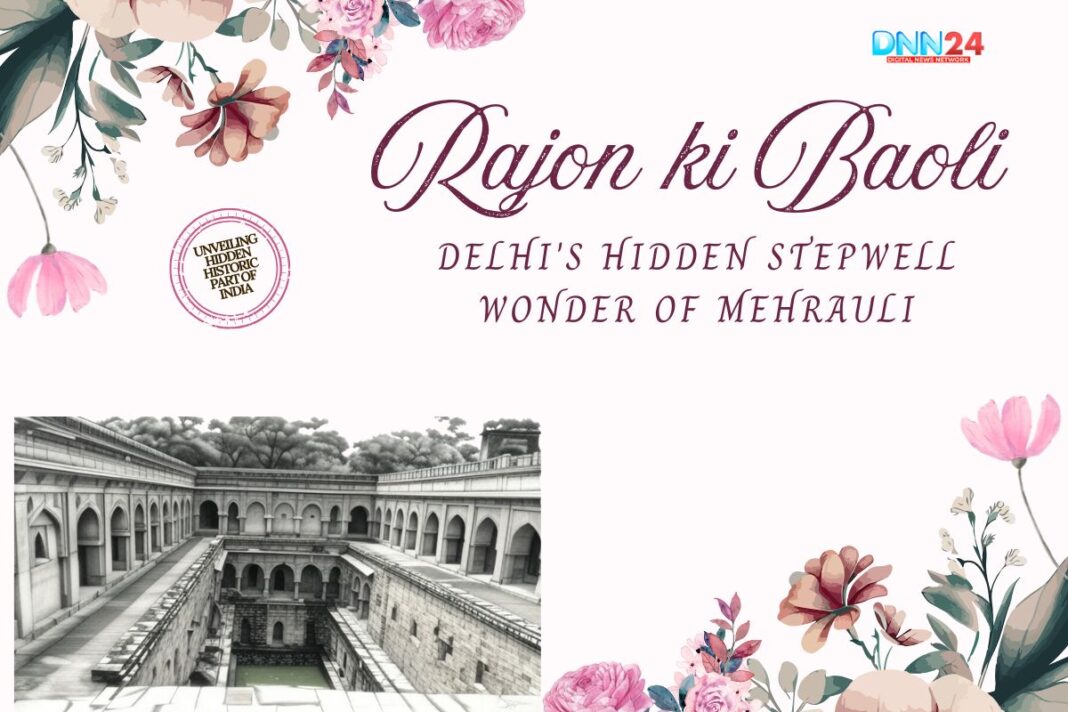Parveen Shakir was born on 24th November 1952 in Karachi, Pakistan. Her family originally came from Bihar, India, but they had moved to Pakistan. Her father, Shakir Hussain Saqib, was a poetry lover who filled their home with beautiful Urdu verses. From her childhood, Parveen was not like other girls. While her friends played with dolls, she played with words.
vo to khushboo hai havaon me bikhar jaega
Parveen Shakir
masla phool ka hai phool kidhar jaega
Even as a small child, Parveen noticed something that troubled her deeply. All the girls around her stayed silent. They never talked about their dreams, feelings, or desires. Society expected them to be quiet and obedient. This silence felt like a heavy burden on young Parveen’s heart. She decided she would not carry this burden of silence.
husn ke samajhne ko umr chahiye jaanan
Parveen Shakir
do ghadi ki chahat me ladkiyan nahin khulti
Parveen started writing poetry at a very young age. She would scribble verses on her school blackboard and write poems in her diary. Her inspiration came from simple things like flowers in her mother’s garden or the changing seasons. Once, after failing a mathematics test in winter, she wrote her first serious poem.
main sach kahungi magar phir bhi haar jaungi
Parveen Shakir
vo jhoot bolega aur la-jawab kar dega
She discovered that she could turn her sadness into beautiful words. This became her lifelong habit – transforming pain into poetry. Nobody knew that this shy, book-loving girl would one day become the voice of millions of women who had been forced to stay silent for centuries.
vo kahin bhi gaya lauta to mere paas aaya
Parveen Shakir
bas yahi baat hai achchhi mere harjai ki
A Heart Full of Dreams and Pain
After completing her education, Parveen became a teacher at Abdullah Girls College in Karachi. She was brilliant in her studies and later passed the difficult civil service examination. This was a considerable achievement for women in the 1970s, when few girls were allowed to work in government offices. Everyone celebrated her professional success, but her personal life was heartbreaking.
kaise kah dun ki mujhe chhod diya hai us ne
Parveen Shakir
baat to sach hai magar baat hai ruswai ki
Parveen fell deeply in love with a government officer. Her passion was pure and honest, and she dreamed of spending her life with him. However, their families opposed the marriage because of religious differences between the Shia and Sunni communities. This rejection broke her heart completely. She poured all her pain into her poetry, writing about lost love and shattered dreams.
itne ghane baadal ke peeche
Parveen Shakir
kitna tanha hoga chaand
Later, she married her cousin, Dr Naseer Ali. Everyone hoped she would find happiness in married life, but reality was different. Her marriage was full of misunderstandings and family pressures. Society expected her to be a perfect wife and mother while managing her career.
meri talab tha ek shakhs vo jo nahin mila to phir
Parveen Shakir
haath dua se yun gira bhool gaya sawaal bhi
The stress became too much to bear, and finally, her marriage ended in divorce. She became a single mother to her young son, Murad. In those days, divorced women faced terrible social judgment. Parveen experienced this cruelty firsthand but never gave up on her dreams or poetry.
kuchh to tere mausam hi mujhe raas kam aaye
Parveen Shakir
aur kuchh meri mitti me baghawat bhi bahut thi
The Revolutionary Voice of Women
Parveen Shakir completely changed the world of Urdu poetry. Before her time, most poems were written by men from a male perspective. In serious literature, women’s feelings, struggles, and desires were rarely discussed. Parveen decided to change this forever. She used simple, everyday words that other poets considered too ordinary for serious poetry.
kuchh to hawa bhi sard thi kuchh tha tera khayaal bhi
Parveen Shakir
dil ko khushi ke saath saath hota raha malaal bhi
Her famous poetry collection, “Khushbuu” (Fragrance), revolutionised Urdu literature. She wrote openly about topics that were considered taboo for women. She discussed love, desire, rejection, workplace discrimination, and single motherhood with complete honesty. Many conservative people were shocked by her boldness, but millions of women felt like someone was finally speaking their truth.
vo na aayega humein maaloom tha is shaam bhi
Parveen Shakir
intezaar us ka magar kuchh soch kar karte rahe
Parveen questioned society’s double standards everywhere. She asked why men could have multiple relationships without judgment, but women were blamed for expressing love even once. Her poem “Ek Buri Aurat” (A Bad Woman) directly challenged people who called independent women bad names.
vo mujh ko chhod ke jis aadmi ke paas gaya
Parveen Shakir
barabari ka bhi hota to sabr aa jaata
She refused to hide her own experiences. Through her poetry, she shared her pain of divorce, struggles as a working mother, and discrimination she faced in her government job. Her honest words gave courage to countless women who were suffering in silence.
ham to samjhe the ki ek zakhm hai bhar jaega
Parveen Shakir
kya khabar thi ki rag-e-jaan me utar jaega
Legacy That Lives Forever
Despite her success as a poet, Parveen’s personal life remained difficult. She often felt lonely and misunderstood. After her divorce, she struggled with depression and self-doubt. Many people could not understand how she could be so bold in her poetry but vulnerable in real life. In one emotional interview, she said with tears in her eyes, “Life has not been fair to me.”
chalne ka hausla nahin rukna muhaal kar diya
Parveen Shakir
ishq ke is safar ne to mujh ko nidhaal kar diya
However, Parveen never became bitter or angry with the world. She found joy in small moments like her son’s laughter, peaceful evenings, reading old books, or receiving appreciation from her readers. She continued writing fearlessly until the end of her life. In her later poems, she encouraged women to become financially independent and emotionally strong. She often said, “A woman’s self-respect cannot be bought or sold.”
ab to is raah se vo shakhs guzarta bhi nahin
Parveen Shakir
ab kis ummeed pe darwaze se jhanke koi
Tragically, Parveen Shakir died in a car accident on 26th December 1994, when she was only 42 years old. Some people believed there were suspicious circumstances around her death, but her real story is not how she died but how she lived. She said, “If my poetry can heal even one broken heart, my purpose is fulfilled.”
dushmanon ke saath mere dost bhi aazaad hain
Parveen Shakir
dekhna hai kheenchta hai mujh pe pehla teer kaun
Today, more than 25 years after her death, Parveen Shakir’s poetry is still read and loved by millions of people in India, Pakistan, and around the world. Her poems are translated into many languages. Young women still find strength in her words when they face discrimination or heartbreak.
yun bichhadna bhi bahut aasaan na tha us se magar
Parveen Shakir
jaate jaate us ka vo mud kar dobara dekhna
She proved that literature has the power to change society. Parveen Shakir will always be remembered as the brave woman who gave voice to every silent girl and showed them that their feelings matter, their dreams are valid, and their stories deserve to be heard.
Also Read: Rajinder Manchanda Bani: The Voice of Pain, Hope, and Endurance
You can connect with DNN24 on Facebook, Twitter, and Instagram and subscribe to our YouTube channel.



